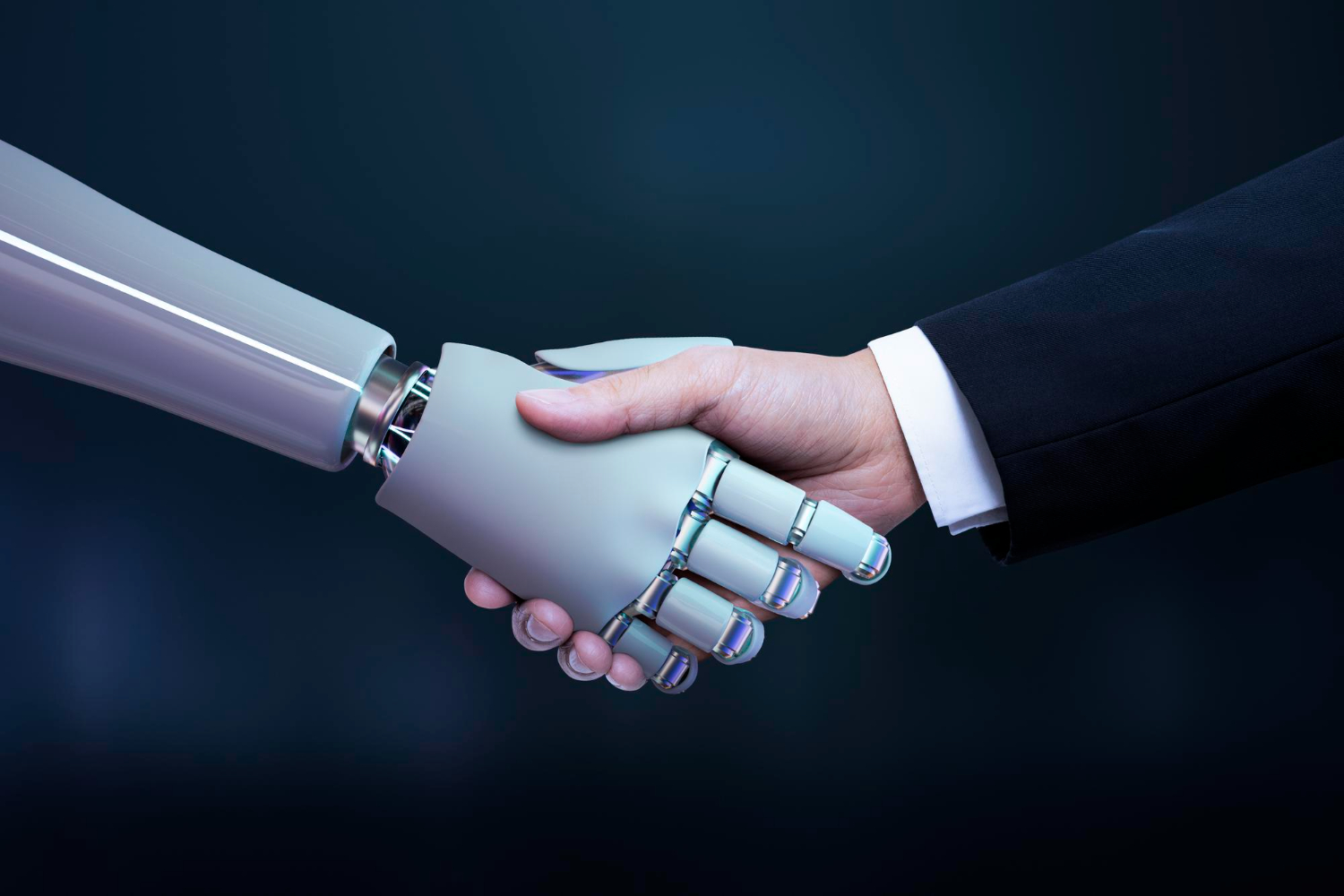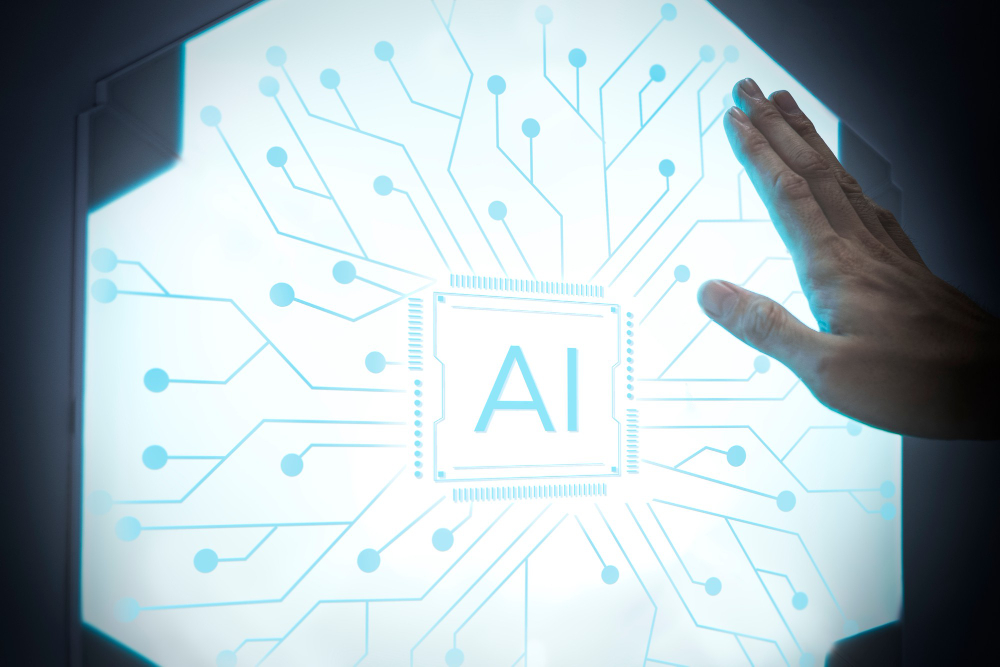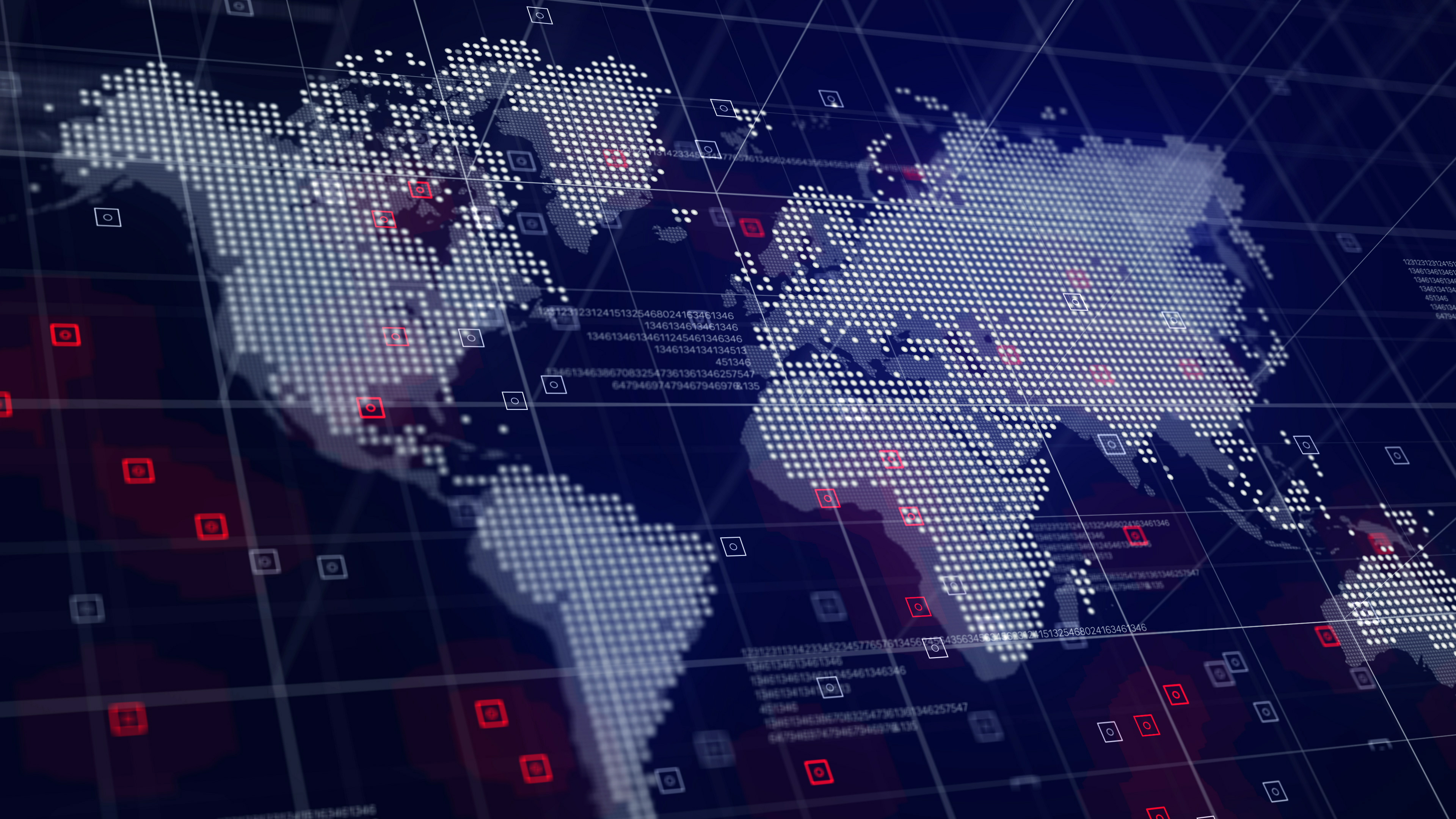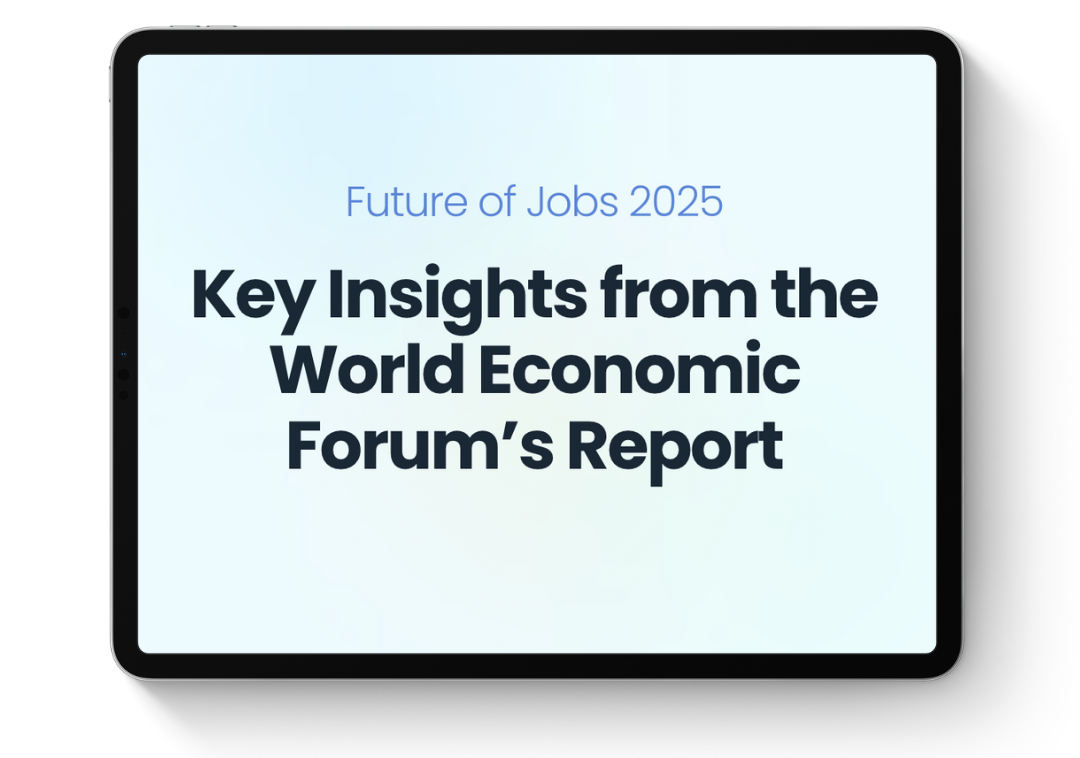Integrating Artificial Intelligence (AI) into recruiting processes is becoming a game-changer across industries. Platforms like WorkGenius are leading the way with AI-driven skill matching, and recent market analyses show that AI adoption in talent management is growing by 23% annually (Source: Gartner HR-Tech Report 2024).
Multidimensional AI Applications in Modern Recruiting
Beyond automated matching systems, companies are increasingly leveraging:
- Neuro-Linguistic Programming (NLP)
AI-powered language models analyze soft skills in interviews and project-related communications. Tools like HireVue decode paraverbal signals (speech pace, tone) with 82% accuracy in predicting team fit (Source: Gartner 2024). - Predictive Attrition Models
SAP SuccessFactors uses historical employee data to forecast attrition risks 6–9 months in advance—an approach that boosts retention rates by 37% according to a Deloitte study. - Augmented Writing Assistants
Platforms like Textio optimize job postings by analyzing over 1.2 million successful listings in real time, improving candidate quality by 45% (Source: LinkedIn Talent Solutions 2024).
Industry Benchmarks: AI vs. Traditional Hiring Methods
| Metric | AI-Powered (2025) | Traditional (2025) |
|---|---|---|
| Time-to-Hire | 2.4 days | 16.7 days |
| Cost-per-Hire | €3,800 | €9,200 |
| Candidate NPS | +54 | -12 |
(Source: McKinsey HR Analytics & IBM Workforce Institute)
Ethical Considerations and Regulatory Developments
The European Commission has established clear guidelines for AI in HR tech with its AI Act Compliance Checklist:
- Transparency requirements for training data sources
- Annual bias audits by certified institutions
- Explainable AI standards for hiring decisions
Platforms like Pymetrics set benchmarks by training neural networks with diverse demographic datasets and visually mapping decision trees (Source: Forbes Tech 2024).
The Future: Hyper-Personalized Talent Ecosystems
By 2027, AI-driven talent pools are expected to:
- Identify passive candidates through social media activity
- Suggest personalized learning paths for skill upgrades
- Simulate project-based team combinations
Companies like Siemens are already leveraging such systems, achieving 19% faster project staffing while increasing employee satisfaction (Source: Handelsblatt HR-Report 2025).
The evolution of AI in recruiting isn’t about replacing human judgment—it’s about enhancing strategic talent optimization by aligning technology, ethics, and business objectives.












































